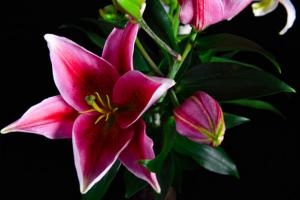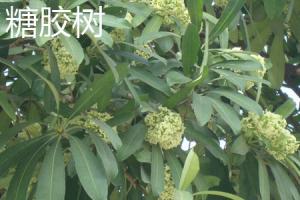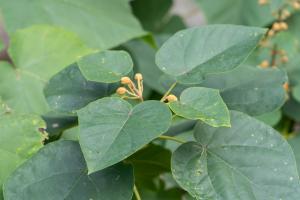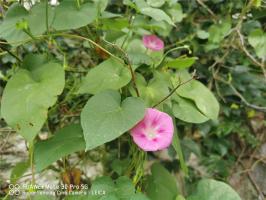Will Plants Grow Fast in Smaller Pots?
One common question among plant enthusiasts is whether or not plants will grow faster in smaller pots. The answer, like many things in life, is not straightforward. While smaller pots may initially seem favorable due to their portability and space-saving nature, several factors determine whether plants will thrive and grow quickly in smaller containers.
The Importance of Pot Size
Pot size is crucial to a plant's growth and development, as it affects root growth, nutrient uptake, and water retention. When selecting a pot size, it's essential to consider the plant's mature size, as well as its growth rate. Plants that grow quickly, such as herbs and vegetables, require larger pots or containers to accommodate their roots' size and growth demands.
The Pros and Cons of Smaller Pots
On the one hand, smaller pots are space-saving and less cumbersome. They are ideal for small indoor gardens or window plants that don't require a lot of root space or soil. Additionally, smaller pots mean you'll use less soil, which can save on costs and make gardening more accessible for those with limited budgets.
However, smaller pots can also hinder plant growth, particularly for larger plants or those that require more extensive root systems. Plants may become pot-bound, which means their roots are overcrowded and may struggle to absorb nutrients, leading to stunted growth and eventual death. Additionally, smaller pots dry out faster than larger containers, which means frequent watering and monitoring soil moisture levels.
The Solution: Choosing the Right Pot Size
The key to ensuring plants grow quickly and healthily is choosing a pot size that accommodates their growth requirements. As previously mentioned, plants that grow quickly or require a lot of root space, such as tomatoes or citrus trees, require larger pots to thrive. On the other hand, smaller plants or window plants can do well in smaller containers, provided that they have sufficient space for root growth and are routinely monitored for soil moisture and nutrient deficiencies.
Another option is to use grow bags, which are inexpensive and space-saving alternatives to traditional pots. Grow bags provide ample space for root growth, and their fabric material allows for improved drainage and aeration, creating better growing conditions for plants. Grow bags are especially useful for vegetables and can be stored flat during the off-season, saving valuable space in the garden or greenhouse.
The Importance of Soil Quality
In addition to pot size, soil quality is an essential factor in plant growth and development. Plants require specific nutrients, such as nitrogen, phosphorus, and potassium, to grow and thrive. These nutrients are present in healthy soil, which is why selecting the right potting soil for your plants is crucial.
When selecting potting soil, look for a quality mix that is designed for your specific plant type. It should be well-draining, loose, and contain organic matter, such as compost or peat moss, to enhance soil fertility and water retention. Additionally, it's essential to use a balanced fertilizer to provide the necessary nutrients for plant growth and health.
Conclusion
In conclusion, whether plants will grow faster and healthier in smaller pots depends on several factors, including the plant type, growth rate, and pot size. While smaller pots offer the convenience of portability and space-saving, they can be detrimental to larger plants or those that require more extensive root systems. By selecting the right pot size, quality potting soil, and a balanced fertilizer, you can ensure your plants thrive, grow quickly, and reach their fullest potential.

 how many times do yo...
how many times do yo... how many planted tre...
how many planted tre... how many pine trees ...
how many pine trees ... how many pecan trees...
how many pecan trees... how many plants comp...
how many plants comp... how many plants can ...
how many plants can ... how many plants and ...
how many plants and ... how many pepper plan...
how many pepper plan...






























